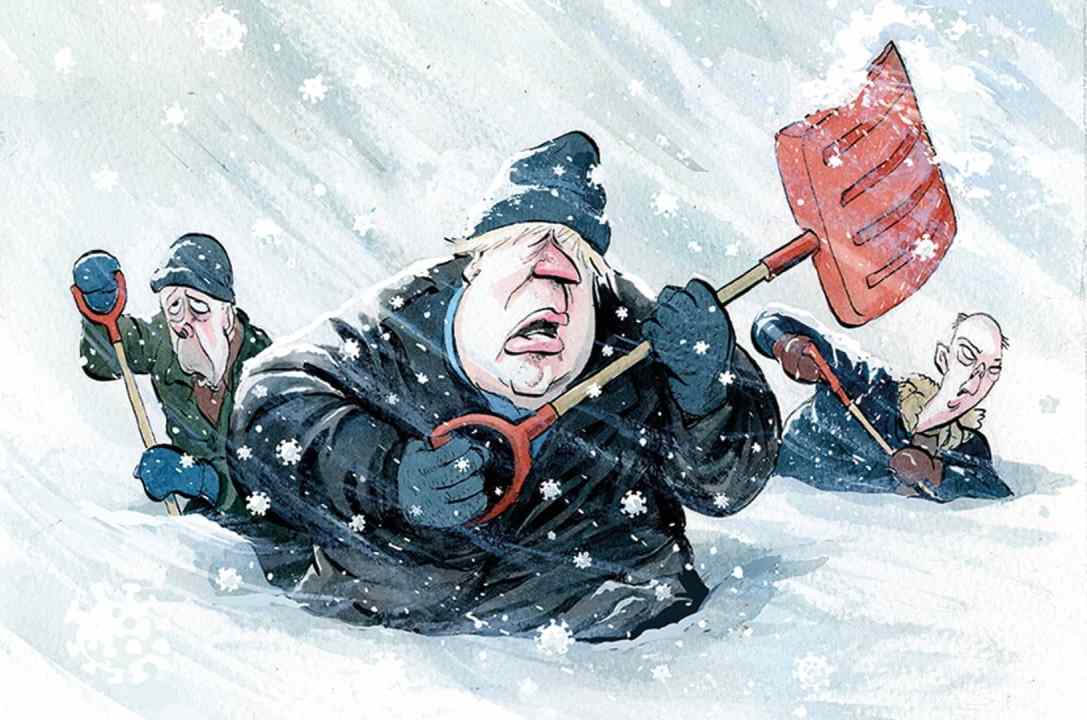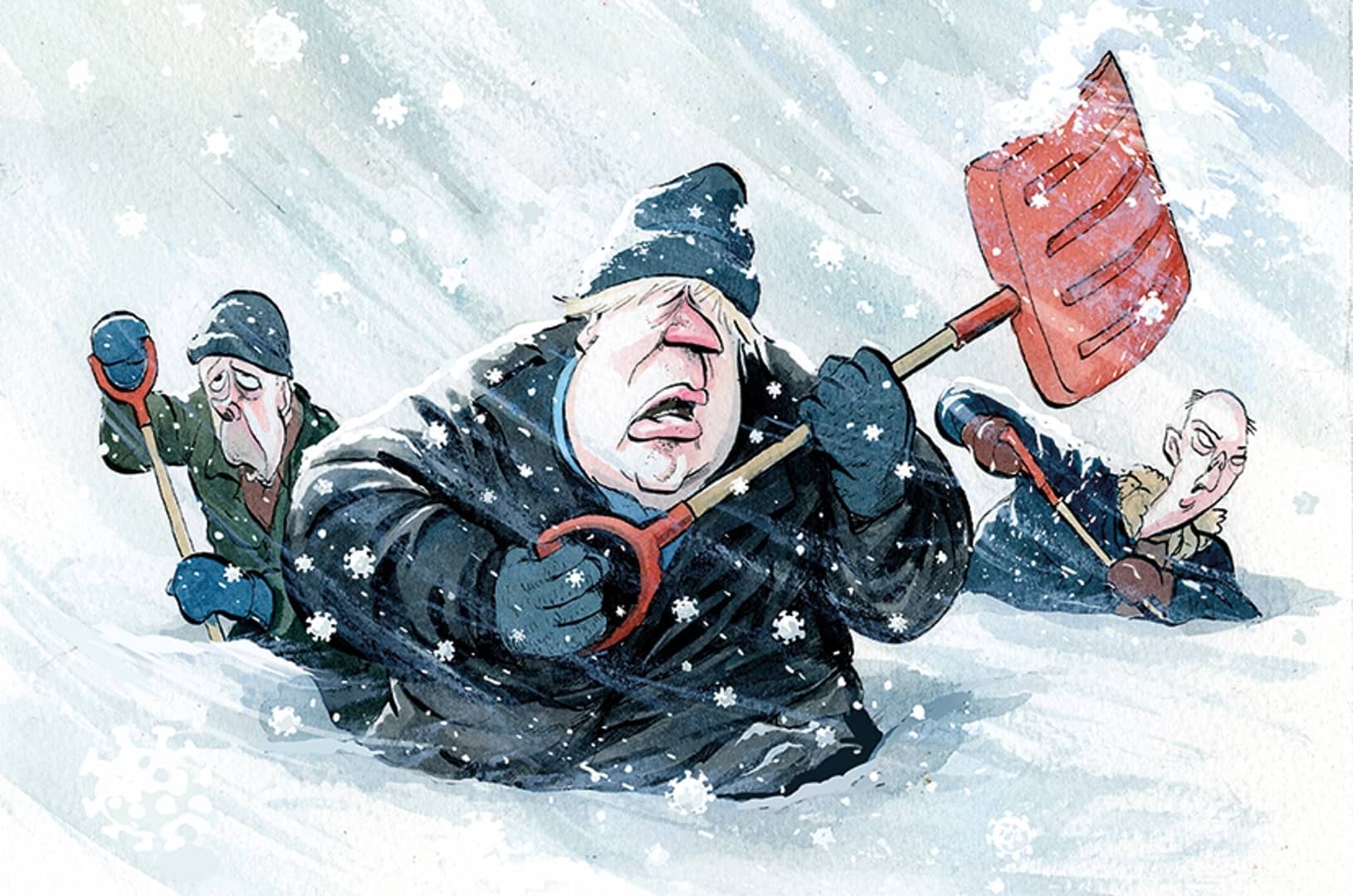After two cases of the new Omicron variant were identified in the UK, the Prime Minister held a Downing Street press conference this afternoon to update the public on the government’s response. As research gets underway to identify whether the new Covid variant is partially vaccine resistant – and how quickly it spreads compared to the Delta strain – Boris Johnson spoke of his desire to slow the spread of the variant here in the UK.
Chief Scientific Officer Patrick Vallance said three things needed to be done in order to do this: First, limit the number of cases arriving in the UK from abroad. Second, limit the spread of cases in the UK through contact tracing and testing. And third, bolster our defences by making sure the booster programme ramps up. In order to achieve these aims, Johnson announced a raft of new measures:
- On borders, all arrivals to the UK must now take a PCR test two days after they return and isolate until they have a confirmed negative result.
- Rules on face masks will be tightened up from next week – with face masks to be required in shops and all forms of public transport.
- Any close contacts of someone who tests positive with the Omicron strain will be required to self-isolate for ten days – even if they are fully vaccinated.
- The booster programme will also be extended further.
‘There is a reasonable chance there is some degree of vaccine escape’
These new measures will be in place for at least three weeks with a review due at the end of that period.
So, will these measures be lifted in three weeks – or will more be added? In the press conference, Johnson said that he did not think now was the time to activate ‘Plan B’ in full. He also said he remained very confident this Christmas will be much better than the last. The takeaway is that ministers want to wait until more is known about the new variant before deciding to ramp up measures or relax them.
Yet the fact that Johnson is bringing in new measures already shows the level of concern over the new variant. Part of this is a sense in government that ministers need to avoid previous mistakes after Johnson was accused of acting too slow on the Delta variant – which ultimately led to the roadmap being delayed. It was clear from both chief medical officer Chris Whitty and Patrick Vallance’s comments that they believe things could get tricky in the short term – there is a strong expectation that cases will rise globally. However, in the medium and long term they expect scientific progress made to mean that the UK is in a much better position than it was last year.
What will really decide the direction of travel is to what degree the new variant can evade vaccines. As Whitty put it: ‘There is a reasonable chance there is some degree of vaccine escape.’
He attempted to offer reassurance by saying that even in this scenario the booster programme will mean the UK is better protected. But as Whitty also observed this week, there are doubts about how compliant the public will be when it comes to any new drastic measures.








Comments